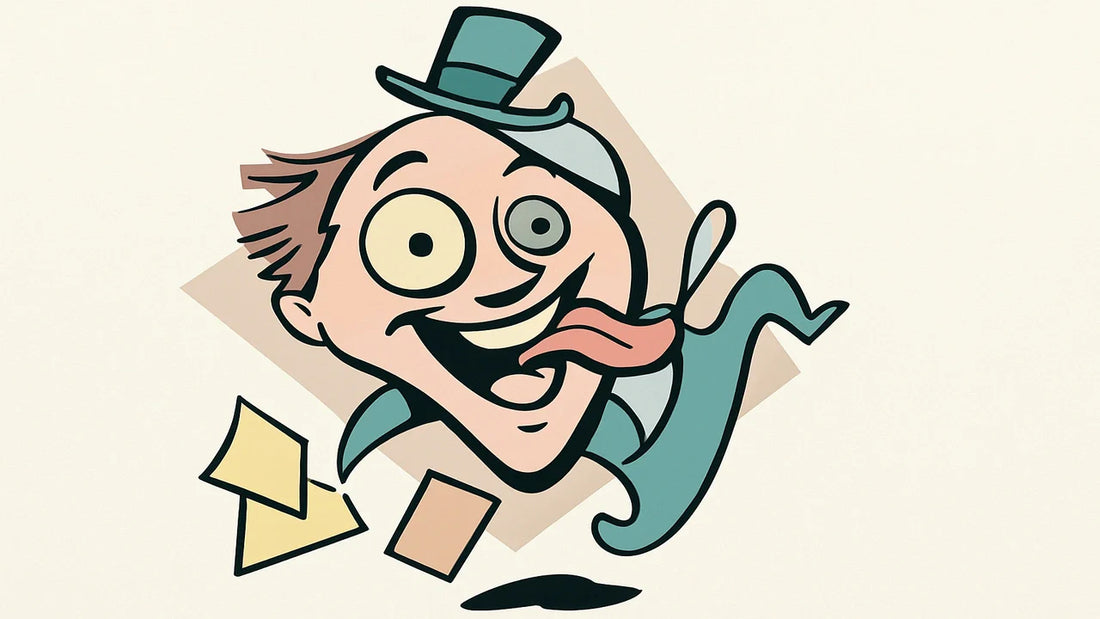
The Importance of Pacing Yourself in Chronic Illness
Share
As someone who has suffered from chronic fatigue syndrome (ME/CFS), multiple chemical sensitivity (MCS), irritable bowel syndrome (IBS), adrenal fatigue and a host of related concerns for almost 35 years now - from the age of 11 (if not before) - I am acutely aware of the need to pace myself. If I have a good day and am able to attend a social event, I always need hours of peace at home before I am able to relax - and sleep. Every time. Without fail.
I know I should not take on too much at once and allow myself time to relax and recuperate, at least to some small degree, yet after all these years I still find this extremely difficult. It is simply not my nature. I want to get a year's worth of tasks completed in a single day.
ME/CFS patients have repeatedly been reported in psychology research to be disproportionately of 'Type A' personality as a group. This study refers to the "action-proneness" of patients i.e. our need to always be on the go and engaged in activity of some kind, whether physical or mental. I can certainly relate to that - and am sure you can also.
Here I am, so many years after becoming ill, singlehandedly [until very recently] doing the jobs of a dozen people in running The Environmental Illness Resource (EiR) and its associated social media accounts (e.g. Facebook Page). I have to laugh to myself when individuals and companies email me and start with "Dear, The EiR Team.." - if only!
For the 23 years of EiR's lifetime I have been doing everything from writing and editing, designing and maintaining the website, marketing and maintaining collaborations with digital marketing companies, managing social media accounts, and on and on - you get the picture.
Then on top of that - I have spent a huge amount of time and energy supporting patients via forums, groups, social media etc. - almost exclusively for free - when I should have been taking my own advice and practising sustainable 'self-care'. I put everyone before myself when it comes to illness and suffering. I feel others' pain and struggle like it is my own.
I maintained this even while studying and working towards my bachelor's degree in Nutritional Therapy, back in the 2007 - 2010 timeframe. I also find it very hard to say "no" to any social invitations or family events. I'm sure you can imagine, I am constantly exhausted beyond description as a result.
The following study talks about acceptance of the chronic nature of ME/CFS being associated with increased well-being:
Well-Being In Patients With Chronic Fatigue Syndrome: The Role Of Acceptance
I thought I had accepted this fact but looking at my life currently I think perhaps I have just directed my Type A action-proneness in a different direction. Not that this is all bad as my actions are hopefully helping others who are also suffering from invisible illness. I have also discovered ways to help myself during work on The Environmental Illness Resource and my degree studies - I used to suffer terrible S.A.D. for example but am now able to get through the winters without feeling suicidal.
I concede however that once I completed my degree I did need to take a step back and look at how I could pace myself - yet still live a life that brought me a sense of well-being and fulfilment. It was a big ask since - as I described above - it is just not in my nature to compromise and accept limitation. But to enable myself to continue to heal and be truly happy, I know that some way, somehow, I must continue on this path.
Meditation and Eastern practices (e.g. Qi Gong & Tai Chi) helped me a lot in this area as early as when starting up this website (2003) - but 22 years later - I still must constantly remind myself to maintain a good self-care routine, with sustaining good sleep hygiene being a particularly good example.
In any case - as they say - "it's the journey and not the destination that is important"...
What are your thoughts on this issue? Do you find it difficult to pace yourself? Do you accept the limitations imposed by your illness or try to ignore them and push back harder? Do you find it hard to say "no"? Let us know your thoughts by leaving a comment below!


